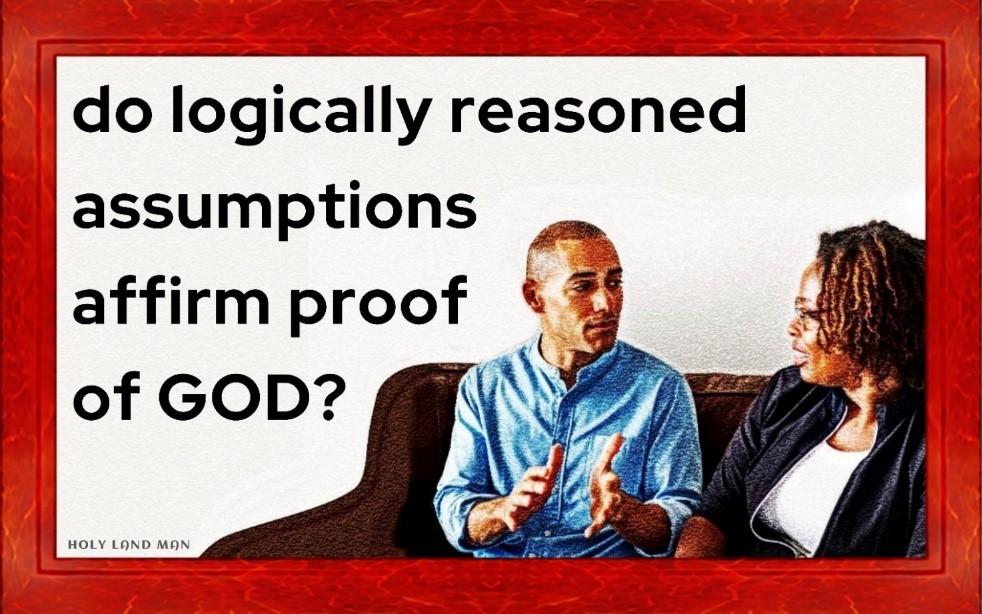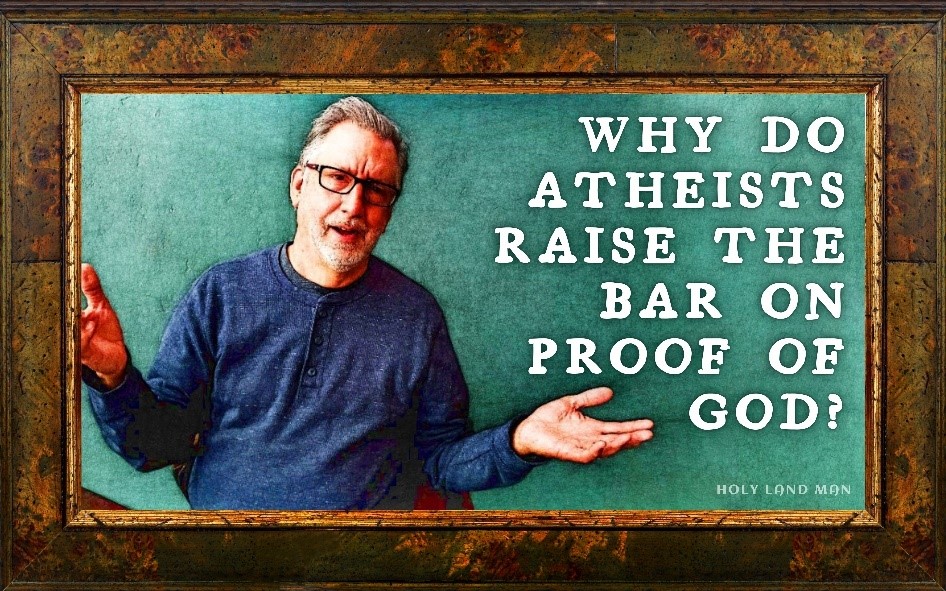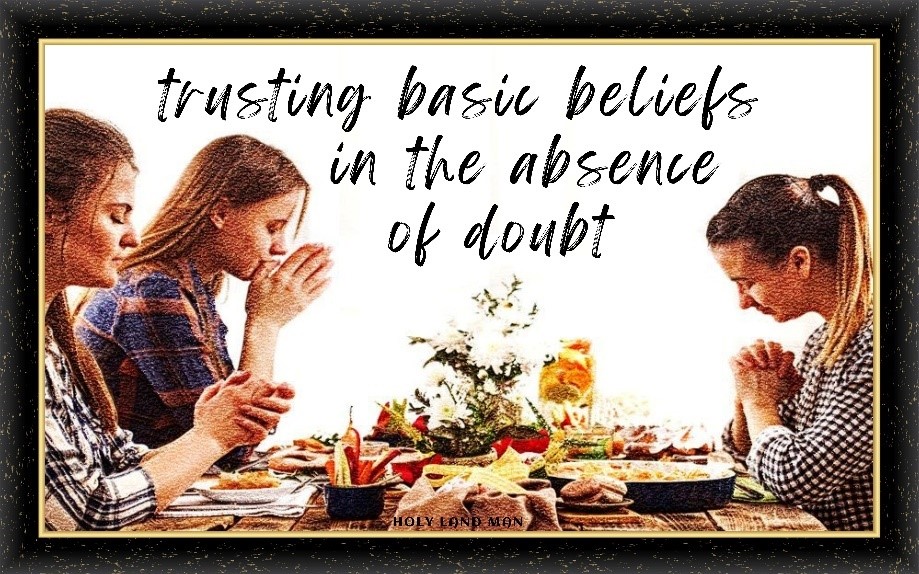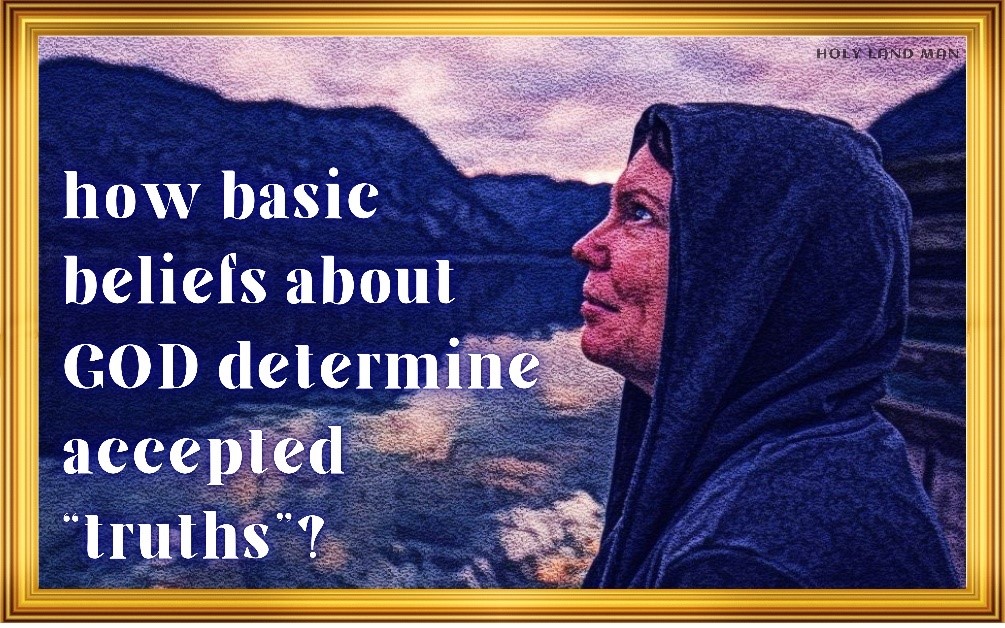
What do you define as evil?
Do the long nails of the creature on the left define him as evil?! Maybe he’s just defending himself. Enjoy a wider spectrum than black and white. “So we fix our eyes not on what is seen, but on what is unseen. For what

Do the long nails of the creature on the left define him as evil?! Maybe he’s just defending himself. Enjoy a wider spectrum than black and white. “So we fix our eyes not on what is seen, but on what is unseen. For what

Ultimately, any proof is based on assumptions that the decision of whether to accept or reject the proof cannot be logically reasoned.

Back at square one, what do atheists claim? The third kind of atheistic claim is: “I do not believe in GOD.” This claim recognizes that it is theoretically possible that GOD exists, and also acknowledges that there is evidence for GOD’s existence.

To sum up: If the atheistic claim is an epistemological claim that there is no evidence for the existence of GOD, it follows that: a) that does not rule out the possibility that GOD exists, and b) that claim is false, as there is undeniable evidence of the existence of GOD.

To claim that “there is no evidence for the existence of GOD,” atheists raise the bar of what is considered proof, by placing strict acceptance requirements on any argument of the sort, and sometimes the bar is much higher than they require in other areas.

Clearly, there is much and varied evidence of the existence of GOD. What will the atheist say about this? An atheist will of course argue that this evidence is inadequate and fails to prove the existence of GOD.

The significant difference between the belief in GOD and the belief in the flying spaghetti monster is that atheists attack the religious for believing in something without any evidence just because it cannot be proved that it does not exist.

But after all this, the question arises: Is there really no evidence for the existence of GOD? And the answer is of course that there is and there will continue to be proof of GOD existing.

Accordingly, this is, for example, the approach of Alvin Plantinga, a great contemporary philosopher of religion. This approach claims that our basic beliefs can be trusted, as long as we have no reason to doubt them.

The claim that every belief should be based on evidence is not logical and is the least controversial. There are many beliefs that are considered “basic beliefs,” beliefs that are inherent in the person’s psyche and consciousness, and each person accepts these identified truths as axioms, without the need for further internal or personal justification.
Copyright © 2020-2022. 1.care. All rights reserved.